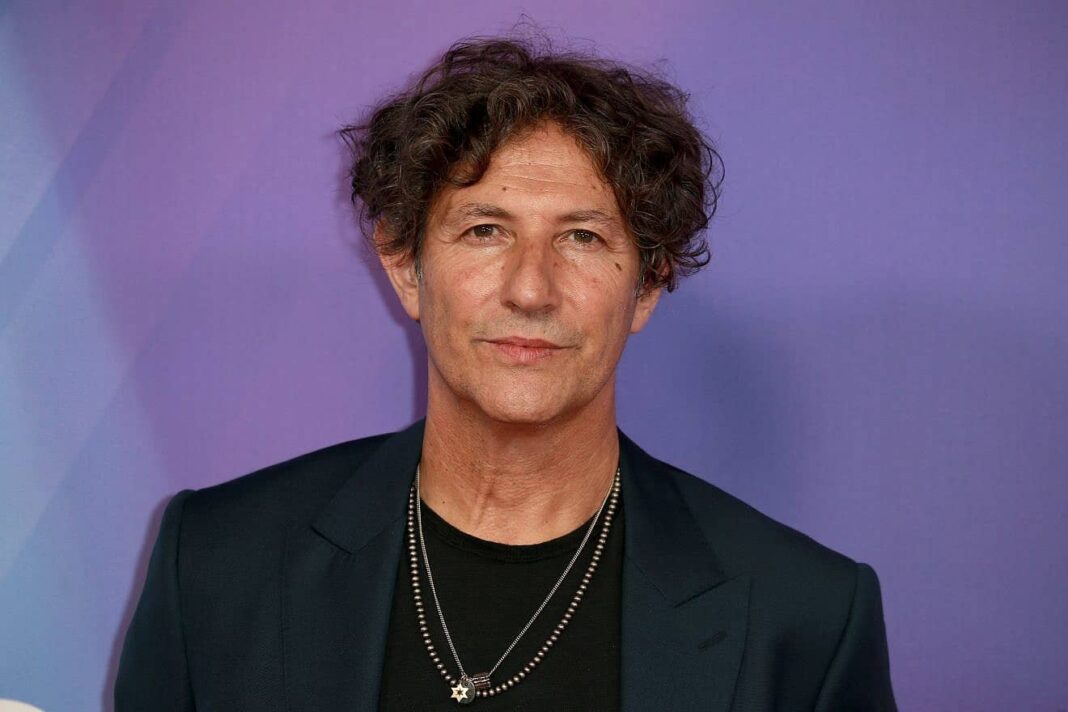|
Getting your Trinity Audio player ready...
|
Exec Producer of “The Zone of Interest” Expresses Disapproval of Director Jonathan Glazer’s Oscar Speech
Edited by: Fern Sidman
The 2024 Oscars ceremony stirred up a storm of controversy as acclaimed director Jonathan Glazer’s acceptance speech for best international film, “The Zone of Interest,” ignited a heated debate. According to The Hollywood Reporter, the film received praise for its artistic merits and poignant storytelling set during the Holocaust, however Glazer’s remarks on the ongoing war that Hamas launched on Israel sparked outrage and condemnation from various quarters.
“Our film shows where dehumanization leads at its worst … We stand here as men who refute their Jewishness and the Holocaust being hijacked by an occupation which has led to conflict for so many innocent people.”
Jonathan Glazer brings the call for a ceasefire to #Oscars2024 pic.twitter.com/3HLmSxd8Q6
— IMEU (@theIMEU) March 11, 2024
Executive producer and co-financier of the film, Danny Cohen, emerged as a central figure in the aftermath, providing insights into the behind-the-scenes dynamics and expressed his disapproval of Glazer’s speech, as was reported in THR. In a candid interview with the Unholy podcast, Cohen acknowledged the widespread upset caused by the speech, stating, “It’s really important to recognize [the speech has] upset a lot of people and a lot of people feel upset and angry about it. And I understand that anger frankly,” the report in THR said.
Cohen’s defense of the film itself as a “great piece of art” underscored the nuanced nature of the controversy. Despite the film’s critical acclaim and its significance in Holocaust education, Glazer’s decision to intertwine his acceptance speech with commentary on the Israel-Hamas conflict drew sharp criticism, as was noted in THR. Cohen elaborated on the sentiments within the Jewish community, noting that many felt the Holocaust narrative had been “mixed up” with current events in Gaza, irrespective of Glazer’s intentions.
Crucially, Cohen revealed that Glazer had not consulted him or given prior notice regarding the content of his speech, highlighting a disconnect between the director and the film’s production team. “Directors can do things on their own, I suppose,” Cohen remarked, indicating that Glazer collaborated with producer Jim Wilson for the speech, as per the information contained in the report on The Hollywood Reporter web site. The absence of coordination highlighted the autonomy directors wield in such public forums, often without input from other stakeholders.
Glazer’s assertion in his controversial speech, where he rejected the “hijacking” of his “Jewishness and the Holocaust” by an “occupation,” further fueled the controversy, The Hollywood Reporter said. The statement, perceived by many as politicizing the Holocaust, intensified the debate over the intersection of art and politics, particularly in sensitive historical contexts.
Len Blavatnik, a prominent producer of the film “The Zone of Interest,” echoed sentiments similar to those expressed by executive producer Danny Cohen, revealing through a spokesperson that he had not approved Glazer’s speech, according to The Hollywood Reporter. Blavatnik’s stance underscored the discord within the production team and the divergence of opinions regarding the appropriateness of Glazer’s remarks.
In an exclusive interview, Cohen reiterated his unwavering support for Israel amid the ongoing conflict in Gaza, unequivocally distancing himself from Glazer’s stance. “My support for Israel is unwavering,” Cohen emphasized, attributing the responsibility for the war to “a genocidal terrorist organization” that continues to perpetrate violence and hold civilians hostage, the report in The Hollywood Reporter indicated.
Cohen expressed profound disagreement with Glazer’s decision to address the Israel-Gaza conflict during his acceptance speech, deeming it an inappropriate platform lacking in proper context. “He picked the wrong time and place to voice opposition to Israel’s conflict in Gaza,” Cohen asserted, according to The Hollywood Reporter, suggesting that Glazer’s remarks detracted from the celebration of the film’s artistic achievements. Despite acknowledging Glazer’s autonomy as a filmmaker, Cohen emphasized the need for sensitivity and nuance in addressing complex geopolitical issues, particularly on a global stage such as the Oscars.
Reflecting on the broader implications of the controversy, Cohen emphasized the importance of allowing the film to speak for itself, rather than engaging in divisive rhetoric. “Jonathan is really someone who allows his work to do the talking,” Cohen remarked, as was noted in the article on The Hollywood Reporter web site, thus underscoring the power of artistic expression to transcend political discourse. In an era marked by polarizing debates and heightened tensions, Cohen’s emphasis on the primacy of artistic integrity offers a poignant reminder of the transformative potential of cinema to foster empathy, understanding, and dialogue.




